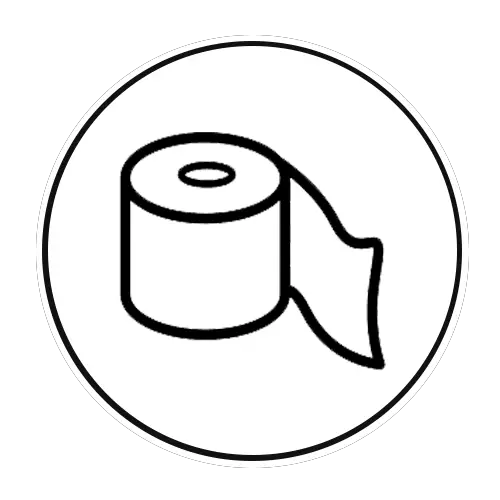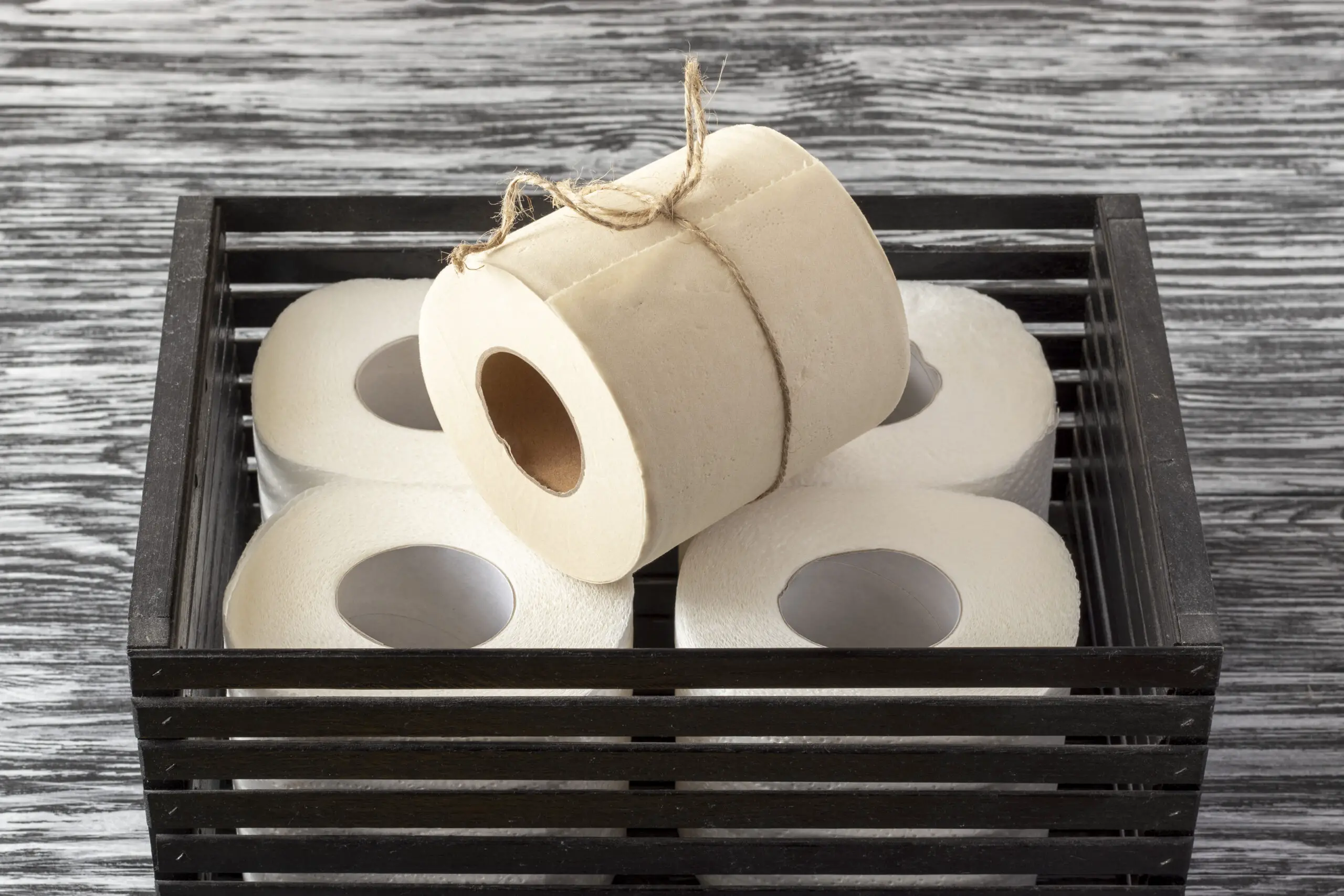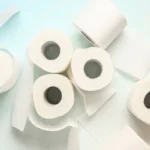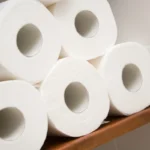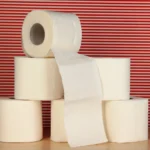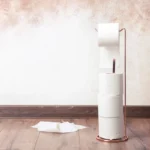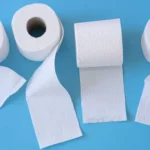You’re about to reach for the toilet paper, but then you pause. Is bamboo toilet paper better for the environment? Is it even a thing? Well, yes and no. As with most things, it depends on the product in question. Toilet paper consists of wood pulp and chemicals, so some brands are better than others regarding sustainability and environmental impact.
And don’t worry—bamboo toilet paper isn’t going to break down your pipes or cause any other plumbing problems! In this article, we’ll explain what makes bamboo toilet paper different from traditional versions of this essential household item (hint: It’s not just that they’re from plants). Then we’ll tell you how you can choose an eco-friendly TP brand that meets your needs without causing any damage around your home or office building.
Why is toilet paper bad for the environment?
Let’s be honest: toilet paper is not the most environmentally friendly product. After all, it’s from trees. Trees take a lot of water to grow and need to cut down at the end of their lives. The pulp for making toilet paper also requires energy to process, and that energy comes from fossil fuels like coal or natural gas—both of which contribute to climate change.
Is bamboo toilet paper better?
Bamboo toilet paper came from bamboo. They harvest and process trees like any other plant-based material used for tissue. However, the process is more sustainable than traditional wood pulping methods because it uses less energy, produces fewer emissions, and requires less water.
It’s biodegradable and compostable. Suppose you use bamboo toilet paper as your sole source of bathroom tissue. In that case, it will break down after 30 days in a commercial composting facility or home backyard bin (you can also toss it into your home trash if you don’t have access to a composting facility).
This makes it an eco-friendly choice for environmentally conscious consumers who want something better than conventional TP or recycled toilet paper but aren’t ready to take drastic measures like going completely cloth-free—yet!
It’s absorbent enough for your daily needs but still soft on sensitive skin (and noses). Although some people have expressed worries about these items’ ability to clean up pee from inside toilets, most users report that they work just as well and don’t leave any unsightly residue like some cotton versions.
How is bamboo toilet paper made?
Bamboo is a naturally growing grass, meaning it’s a renewable resource. In addition to being strong and naturally antibacterial, bamboo is also eco-friendly and sustainable. Bamboo multiplies and requires little water or nutrients; it’s even pest-resistant!
It can grow on marginal land unsuitable for most other crops (such as slopes or swamps), making it an incredibly diverse resource that replenishes itself in the event of a disaster.
To make toilet paper from bamboo, cut down a single stalk, remove the outer layers, and then shred the core into thin pieces using specialized blades.
Benefits of Switching to Bamboo Toilet Paper
It’s becoming more popular among eco-conscious users.
Bamboo toilet paper is much more environmentally friendly than regular toilet paper. It’s biodegradable, which means it’ll decompose in a landfill or compost bin in just over a year. And because it comes from bamboo—a renewable resource—you can feel good about using this product daily!
It’s made of… bamboo.
Bamboo is a plant. You’ve probably seen it in the wild or on your way to school or work. Since the grass multiplies, it is possible to harvest them without endangering the ecosystem. Bamboo is a sustainable resource used as building material and paper for thousands of years.
It’s “greener” than traditional toilet paper.
Bamboo toilet paper is biodegradable, which means that it will decompose in a landfill. Bamboo TP is made from renewable resources like bamboo grasses, unlike traditional toilet paper brands, which are made from trees. Unlike standard products, Bamboo TP can be composted in your yard or flushed down the drain.
You can get it in recycled, plant-based, and even sugarcane versions.
Remember: you have options! They make bamboo versions of their products from the same material as the shredded paper—just with a different source. They also make plant-based options from renewable resources like corn husks, wheat straws, and hemp stems (to name a few).
Manufacturers create recycled toilet paper from post-consumer waste collected from households around the country and then turn it into new rolls of TP. Sugarcane toilet paper comes from a sustainable fast-growing crop that doesn’t require pesticides or fertilizer inputs to grow quickly in large quantities each year.
Recycled toilet paper is the real deal.
Recycled toilet paper is the real deal. It comes from recycled paper and is free of chemicals, toxins, and dyes. Plus, they don’t use bleach or chlorine to whiten the paper. They also don’t add fragrances or perfumes because these can irritate your skin when you use them on your rear end.
Bamboo toilet paper is more sustainable than regular TP.
It doesn’t come from trees. Bamboo, a fast-growing grass, is the most easily renewable resource globally (it can grow up to 30 feet per day). Like trees, bamboo absorbs CO2 and releases oxygen—but unlike timber plantations like pine or eucalyptus that need chemicals and fertilizers to thrive, bamboo thrives without them. And while trees take decades to mature enough to harvest for paper production, bamboo takes only 5-7 years!
Our Product Recommendations
Who Gives A Crap
Who Gives A Crap is a TP company that makes its products from 100% sustainable bamboo that grows naturally. The company expanded from Australia to the United States, Canada, and the UK. Its mission is to provide toilet paper that is sustainable, environmentally friendly, and affordable.
They believe that we should strive to be good stewards of our planet and leave it better than we found it—and they know that one of the best ways to do this is by ensuring that everything we make doesn’t harm the environment.
That’s why they use only bamboo plants grown in an ecologically friendly manner that don’t require any pesticides or herbicides. They also avoid using chemicals in their manufacturing process because these chemicals can pollute waterways and water tables which would then affect animals and humans alike.
By using bamboo as a source for paper products like toilet paper instead of trees, you aren’t only saving trees but also helping to reduce greenhouse gas emissions as you reduce demand for fossil fuels in production processes.
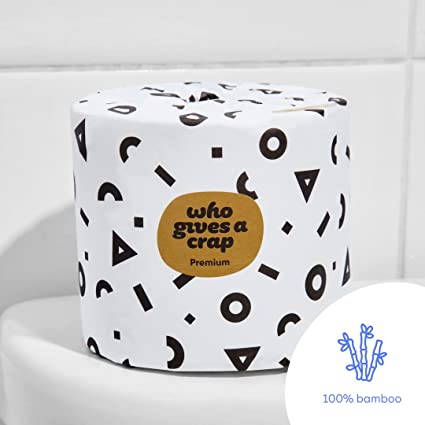
No. 2
No. 2 bamboo toilet paper is just the thing for you if you’re looking for a clean and comfortable wipe. This TP, made from organic bamboo and ideal for sensitive skin, is ideal for sensitive skin. So put down that chemical-filled brand and pick up our green alternative. You’ll feel cleaner than ever before!
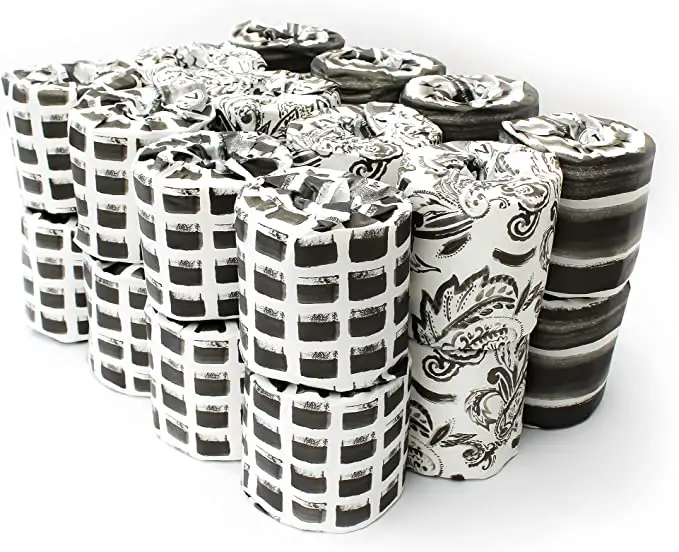
Caboo
Made of 100% bamboo, Caboo is a new kind of toilet paper. Why? Made from one of the most sustainable resources on earth, it’s good for the environment. It’s also incredibly soft and absorbent—anyone with sensitive skin will love it!
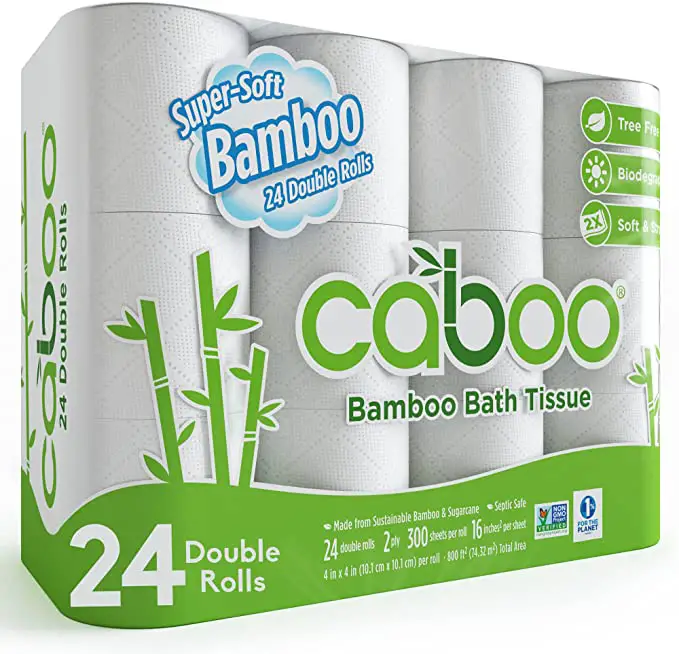
Bim Bam Boo
The Bim Bam Boo makes bamboo toilet paper from 100% bamboo. It’s durable, soft, and absorbent—and also biodegradable! They individually wrap the rolls in cellophane to make them easy to carry around and store. The toilet paper is available in both classic white and soft beige.
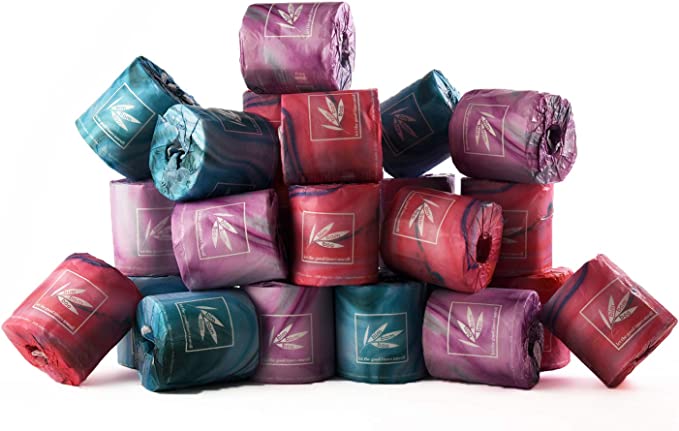
Pure Planet Club
Pure Planet Club makes premium 100% bamboo toilet paper. It is soft, strong, and durable. This toilet paper has a 2-ply thickness and comes in various lengths. Pure Planet Club Bamboo Toilet Paper is available in white or unbleached.
If you’re not into flushing Pure Planet Club Bamboo Toilet Paper down the toilet like some people do, you can compost it. It’s also safe for septic systems!
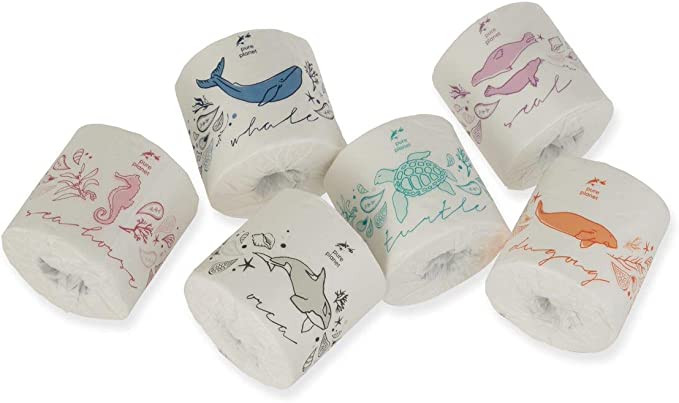
Brillaboo
Brillaboo is a brand of bamboo toilet paper that makes TP from 100% bamboo fibres. It’s soft and strong and made in the United States. It’s a great alternative to regular toilet paper because it’s better for the environment, lasts longer than other kinds of paper, and feels luxurious when you use it.
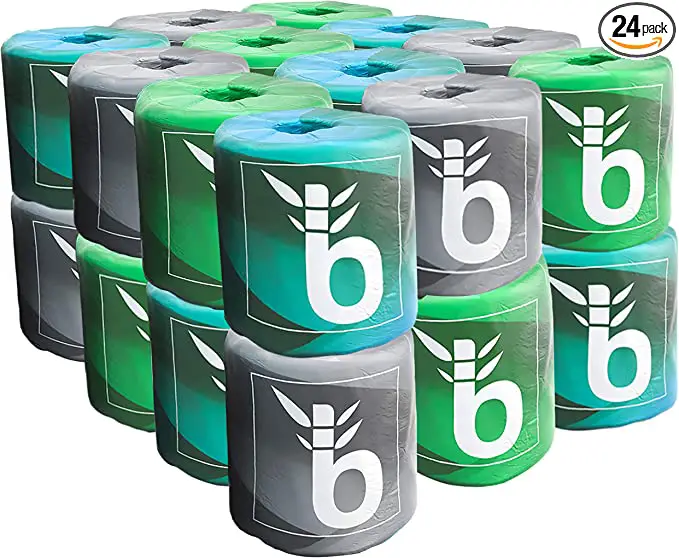
Frequently Asked Questions (FAQs)
Yes, bamboo toilet paper is safe for plumbing. It’s a great alternative to traditional paper products because it’s made from a natural material that’s biodegradable, compostable, and safe for septic systems.
We’ve got good news and bad news. The good news is that bamboo toilet paper is made from a natural and renewable resource. The bad news is that it doesn’t break down easily when wet, so you’ll have to deal with the same issue you have with regular toilet paper: clogged drains.
You may wonder how bamboo toilet paper can hold up to all its promises if it’s not breaking down in the water like other biodegradable materials. But don’t worry—there’s more than one way for your bathroom waste to get elsewhere besides the drain!
Bamboo toilet paper is made from natural fibres, so you can rest assured that it’s safe for your body and the environment. Bamboo is a renewable resource that uses only rainwater for cultivation. This means it doesn’t need to be irrigated or treated with chemicals like conventional trees do—and it won’t pollute the water table either!
To make matters even better, bamboo has been proven to be biodegradable and safe for septic systems. It won’t clog toilets or damage plumbing because it’s made from a material that breaks down quickly in landfills and wastewater treatment plants. Because of these properties, using bamboo TP means you’re doing good for yourself and nature!
Conclusion
To wrap up, we’re sure you’re probably wondering how to get your hands on some bamboo toilet paper. You can find them at many stores that sell bathroom supplies and online retailers. If you want to ensure your purchase is truly eco-friendly, look for brands certified by organizations such as the Forest Stewardship Council or Sustainable Forestry Initiative (SFI). You can also consider buying from smaller companies specializing in green products like these!
And if nothing impressed you enough from this list, check out the softest bamboo toilet paper on the market!
